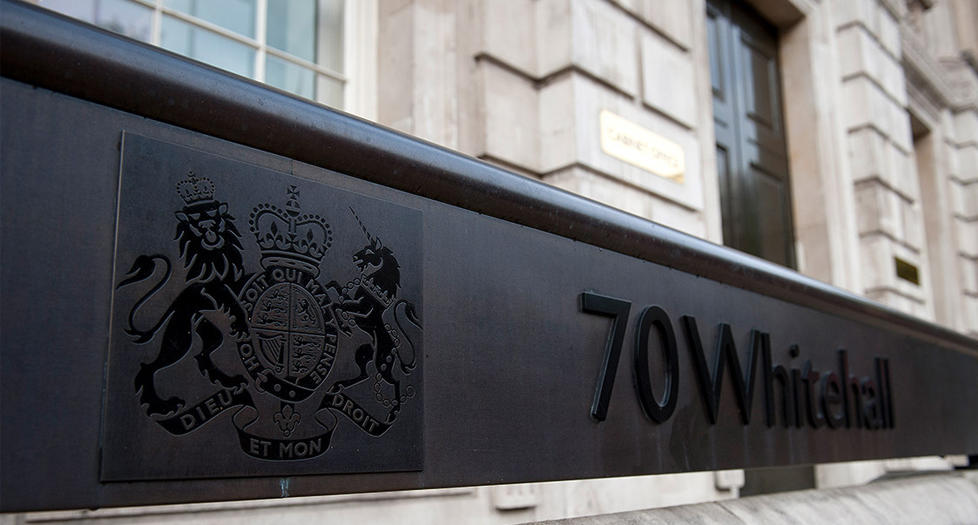In Brief
The government has failed to respond to a sector letter outlining concerns about the recently introduced anti-advocacy clause - prompting NCVO to call again for clarity on what the measure will mean.
It has been 50 days since NCVO sent a letter, which was signed by 140 sector leaders, to the Prime Minister explaining objections to the clause, which prevents charities receiving government grants from using the money to communicate with ministers.
The measure was announced by Matthew Hancock, minister for the Cabinet Office, in February and will come into force in one month.
The letter highlighted a number of instances where the clause would prevent charities from engaging with government and saying that it goes against Compact principles - something the Cabinet Office has denied.
Charlotte Ravenscroft (pictured), head of policy at the NCVO, said: “This widely-drawn clause goes much further than it says on the tin and will deter many charities from making representations to government and parliament.
“We have repeatedly called for further clarity on the definition of ‘influencing’ but none has been provided. Without this, it is inevitable that many charities will feel unable to contribute to policy making for fear of having their funding withdrawn.”
NCVO met with Cabinet Office officials last month and was told that while giving evidence at Parliament’s request would not been seen as lobbying, but proactively submitting written evidence might be.
Ravenscroft added: “There has been no meaningful consultation about this measure, with the relevant minister unable to cite any meetings he has held with charities, research or scientific communities when asked about this in Parliament.
“Across government, it’s clear that significant ambiguity remains. It’s vital that the government takes another look at how this policy will work and how it will affect the ability of organisations to inform and shape policy development.”
A spokesman for Number Ten confirmed that the Prime Minister has received the letter. And a Cabinet office spokesman said: "We need proper checks and balances to ensure public money isn't diverted from their intended purposes to lobbying.
"There is no intention to prevent charities or any of the other funded organisations from carrying out valuable work or making representations to government.
"In line with Compact principles, charities will continue to be able to campaign on behalf of their beneficiaries using other sources of funding."
See also








